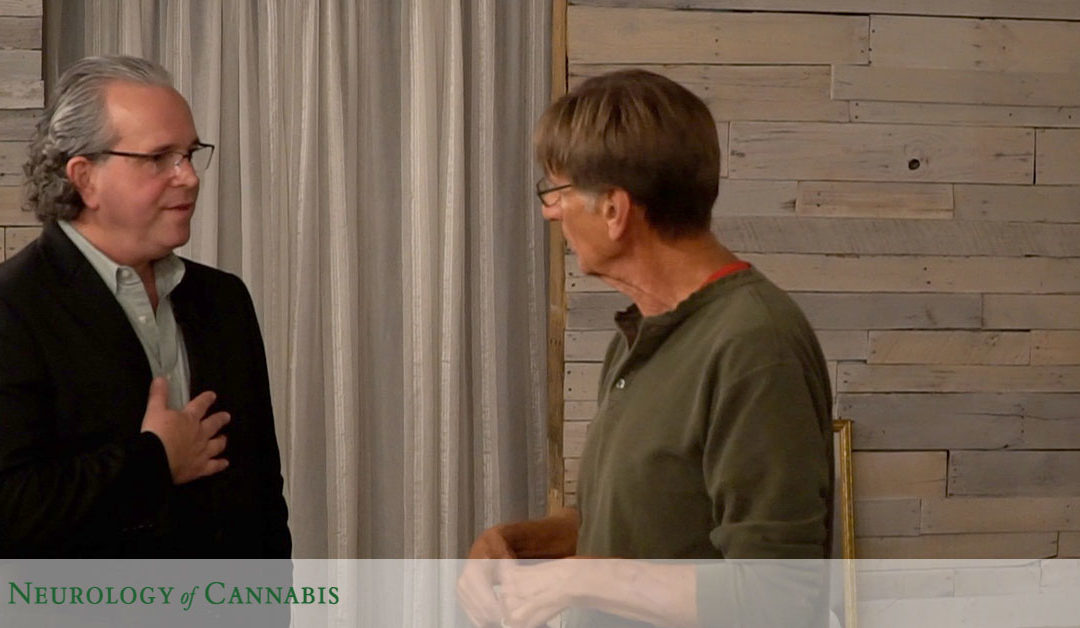The debate over using cannabis to treat depression is a complicated one.
For decades, researchers typically accepted that cannabis was likely to cause paranoia and anxiety, and therefore was detrimental to mental health, not a treatment for it. But that is a simplistic take on a very complex issue. Indeed, the term ‘cannabis’ encompasses a wide range of varieties and chemovars, each of which is capable of affecting individuals in significantly different ways.
Is cannabis the cause of mental health issues? In some scenarios, it appears to be. But can it also be used as a cure? Many experts believe so.
How Can Both Be True?
The reason why the research results are so mixed lies in the makeup of the plant. Cannabis is comprised of two main components:
- Tetrahydrocannabinol (THC) – THC is the plant’s most famous cannabinoid, responsible for the “high” a marijuana smoker experiences. As an active ingredient, THC links definitively with feelings of anxiety and paranoia.
- Cannabidiol (CBD) – In contrast, CBD has proven anti-anxiety properties and is being used more and more frequently in this capacity. It is widely accepted as providing analgesic, anti-inflammatory, and stress lowering benefits.
Research has shown that CBD can lessen THC’s anxiety-inducing qualities. CBD-rich cannabis varieties may be recommended as a stand-alone anti-anxiety treatment for those with high-stress levels. In contrast, chemovars with nearly equal proportions of THC and CBD may help to alleviate the adverse effects of THC while providing all the benefits of the cannabis plant.
It’s Not that Simple, However
THC and CBD are the two most commonly observed factors, but in recent years, other aspects of cannabis have gotten the attention of researchers.
Terpenes are the aromatic compounds in cannabis that provide not only distinct flavors but different therapeutic properties. Terpenes are not only found in cannabis and have been researched in other plants as well. An example is the terpene linalool, which is found in lavender and brings about a calming sensation.
Cannabis characteristics known as Indica and Sativa are associated with different reactions in users. Indica typically has cerebral effects, such as relaxation and sleepiness, while Sativa is generally associated with energy and creativity. Whether a particular chemovar is high in one or the other can significantly affect the user’s reaction to the strain.
Physicians who recommend medical cannabis to their patients often suggest that they keep a personal journal of dosages and effects. Reactions may differ based on the individual, the method of administration, or even the time of day.
As medical cannabis becomes more mainstream, we can expect much more research into utilizing the plant to effectively and safely fight depression and anxiety. The possibility of cannabis replacing opioids as a treatment option is of particular interest, as experts seek to end the current epidemic.
Using Medical Cannabis for Anxiety
You should always consult a medical professional with medical marijuana expertise before utilizing cannabis as an anti-anxiety medication. Generally speaking, high-CBD chemovars are the best option for those looking to experience mental serenity; and balanced THC/CBD varieties are the right solution for multiple benefits, such as euphoria and pain relief. But you may present with other conditions which would cause a physician to recommend a different answer.
Dr. Daniel P. Stein of Sarasota-based Neurology of Cannabis, a medical marijuana expert, is the rare physician who offers not only three decades of traditional neurology expertise but is qualified in alternative therapies such as medical cannabis. Call today to explore the possibility of cannabis for your best treatment.

